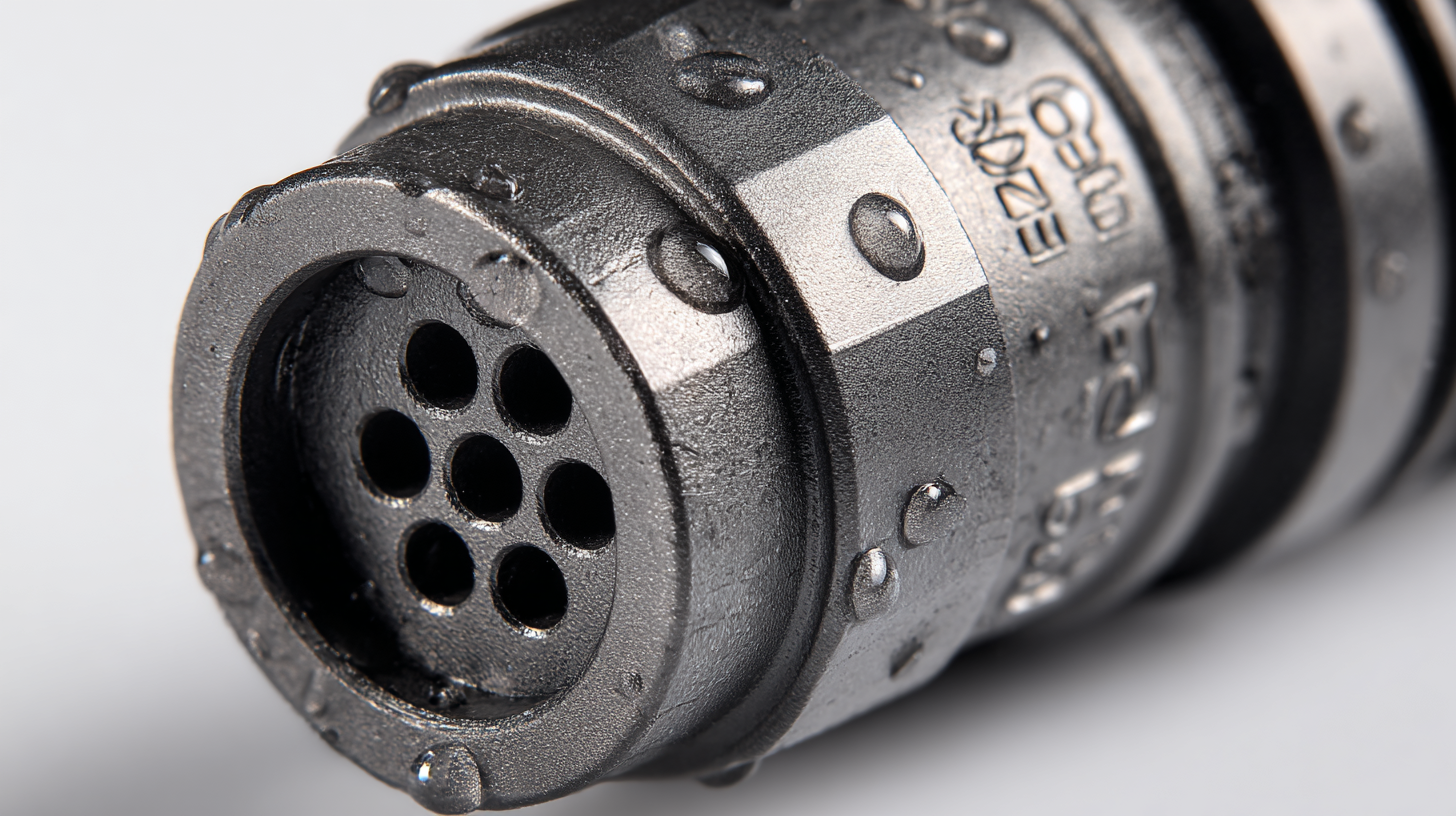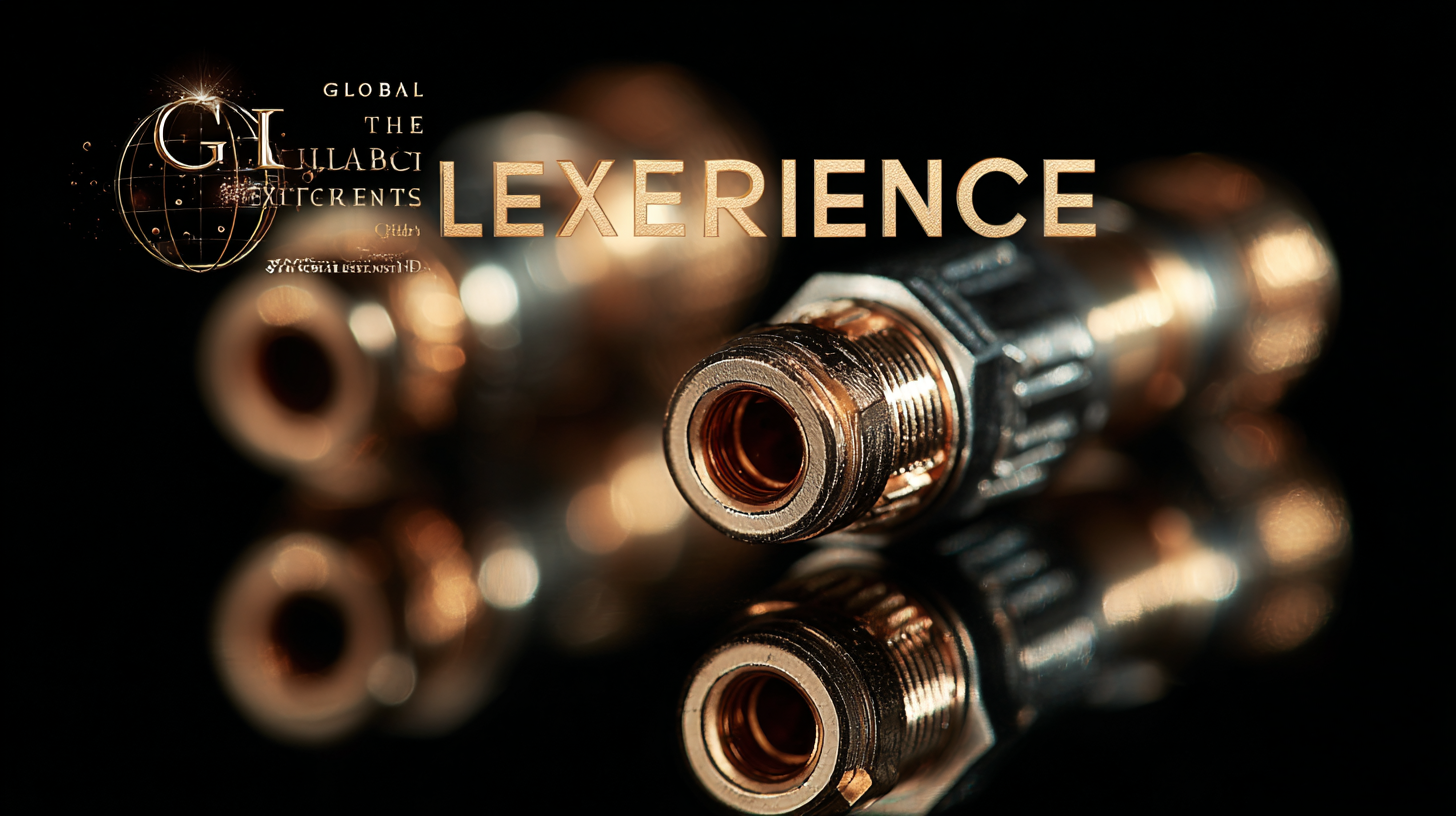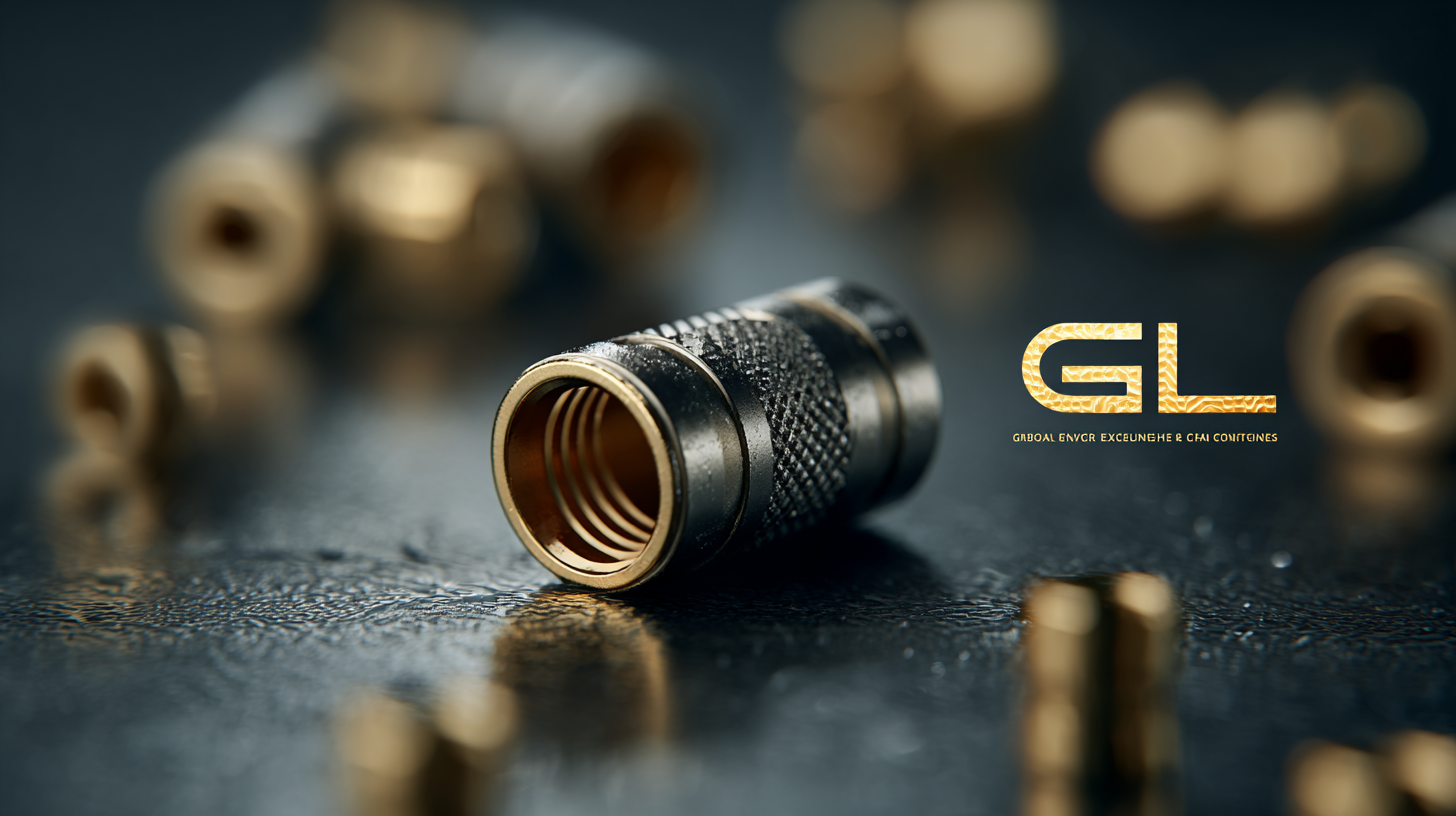

In the ever-evolving landscape of manufacturing, Non-Waterproof Connectors have emerged as a critical component across various industries, showcasing remarkable versatility and reliability. According to a recent market report by ResearchAndMarkets, the global connector market is projected to reach USD 92.61 billion by 2025, with non-waterproof connectors representing a significant share due to their applications in automotive, consumer electronics, and industrial automation. The ability of these connectors to function efficiently in controlled environments, coupled with cost-effectiveness and ease of installation, positions them favorably in a competitive market.

As manufacturers in China take pride in their craftsmanship, they continue to innovate and produce non-waterproof connectors that meet stringent quality standards, thus enhancing production capabilities and driving global excellence in the sector.
In the ever-evolving landscape of the global market, non-waterproof connectors play a pivotal role in various industries, from automotive to electronics. Manufacturers are now focusing on innovative designs that improve efficiency while reducing costs. The demand for these connectors is rising due to their wide application range and reliability in controlled environments. Therefore, understanding market trends becomes crucial for staying competitive.
Tip: Always prioritize quality assurance in your manufacturing processes. Implementing rigorous testing procedures can help identify issues early, ensuring that your connectors meet the high standards expected by customers.
Additionally, emerging technologies, such as automation and smart manufacturing techniques, are reshaping production strategies. Companies leveraging these advancements can streamline operations and enhance their product offerings. As the market shifts, businesses that adapt quickly will likely capture a larger share of the growth.
Tip: Keep an eye on industry developments and trends. Engaging in continuous research and development can help your organization innovate and remain relevant in the fast-paced connector market.
Emerging technologies are reshaping the landscape of connector production efficiency, especially in the context of electric vehicles (EVs) and industrial applications. As we move toward a more electrified future, the demand for innovative connector solutions has skyrocketed. The electric vehicle battery connector market alone was valued at over USD 592.5 million in 2023, with projections indicating a robust CAGR of around 19.4% from 2024 to 2032. Manufacturers are increasingly looking to leverage advanced materials and automated processes to enhance production efficiency and meet the growing needs of this dynamic market.

Moreover, as digital transformation permeates manufacturing sectors, companies are adopting new technologies to streamline operations and improve product quality. This shift not only accelerates the production of connectors but also enables real-time data analysis and decision-making, ensuring better responsiveness to market demands. Innovations in EV connector manufacturing technology are crucial, as they support the rapid expansion of the EV market and enhance the overall performance and reliability of automotive systems. The harmonious integration of these emerging technologies is key to maintaining a competitive edge in the global connector manufacturing landscape.
When it comes to connectors, the choice between non-waterproof and waterproof variants largely depends on the application and the environment in which they will be used. Non-waterproof connectors are typically favored in controlled settings where moisture exposure is minimal. Their design allows for ease of assembly and disassembly, making them convenient for applications such as indoor electronics, automotive components, and other scenarios where reliability is paramount but environmental factors are manageable. Moreover, they are often more cost-effective, making them an attractive option for manufacturers looking to optimize their budget.
Conversely, waterproof connectors are specifically engineered to withstand harsh environmental conditions, offering a crucial advantage in outdoor or high-humidity settings. These connectors are sealed to prevent moisture ingress, ensuring longevity and consistent performance even in the most demanding applications. Industries such as aerospace, marine, and outdoor telecommunications heavily rely on waterproof connectors to mitigate risks associated with water damage. Ultimately, the selection between non-waterproof and waterproof connectors hinges on a nuanced understanding of the operational demands and environmental challenges specific to each application.
In the fast-evolving landscape of manufacturing, non-waterproof connectors stand out as critical components in various industries, from automotive to electronics. The emphasis on quality assurance standards in their production cannot be overstated. Manufacturers based in China have taken significant steps to ensure that these connectors meet and exceed global quality benchmarks. Rigorous tests, including dimensional verification and electrical performance assessments, are conducted to guarantee their reliability and safety.
The commitment to quality assurance involves a multi-faceted approach, focusing on both raw materials and manufacturing processes. Suppliers are meticulously vetted to ensure they provide high-grade materials that can withstand the rigors of application, while the production process adheres to strict international standards such as ISO 9001. This results in non-waterproof connectors that not only fulfill functional requirements but are also produced efficiently and sustainably. The pride taken in manufacturing these connectors in China is evident, as companies continue to invest in technology and training, positioning themselves as leaders in the global market.
| Feature | Details |
|---|---|
| Material | High-Quality Thermoplastic |
| Temperature Rating | -20°C to 85°C |
| Certifications | ISO 9001, CE, RoHS |
| Application Industries | Automotive, Telecommunications, Consumer Electronics |
| Test Standards | IPC/WHMA-A-620, IPC-A-610 |
| Lead Time | 4-6 Weeks |
| Production Capacity | 50,000 Units Per Month |
| Warranty Period | 2 Years |
The non-waterproof connector industry is increasingly recognizing the importance of sustainability practices in its manufacturing processes. As global demand for high-quality connectors Made in China continues to rise, manufacturers are now adopting eco-friendly materials and innovative production techniques that minimize environmental impact. By investing in sustainable sourcing and reducing waste, companies not only enhance their brand image but also contribute to the global push for greener industrial operations.

In addition to material choices, the implementation of energy-efficient manufacturing practices is a significant step towards sustainability. Many manufacturers are taking measures to reduce energy consumption in production lines, utilizing renewable energy sources where possible. Furthermore, companies are embracing circular economy principles by recycling end-of-life connectors and integrating them back into the manufacturing cycle. These practices not only improve resource efficiency but also align with the growing consumer demand for ethically produced products, paving the way for a more sustainable future in the connector industry.